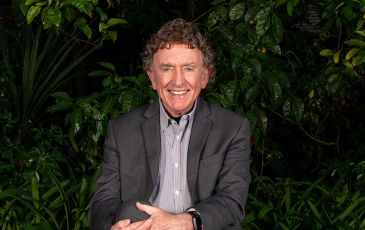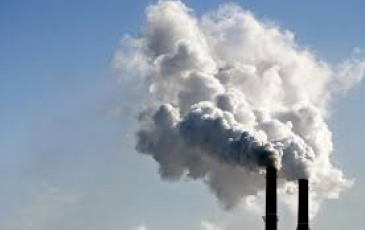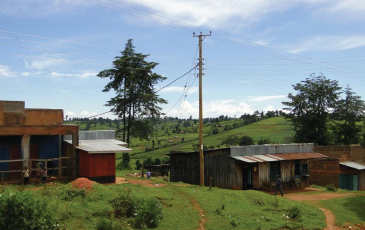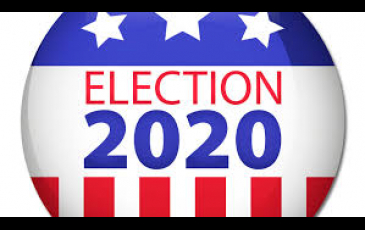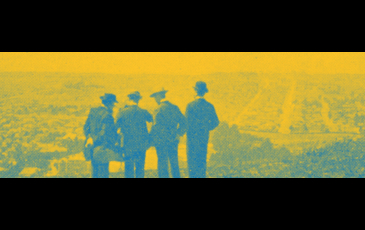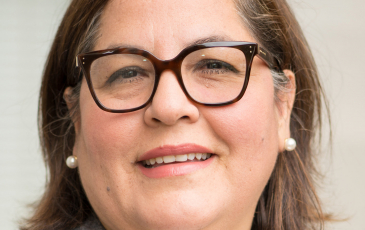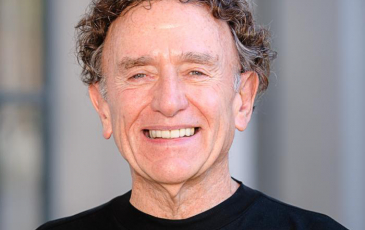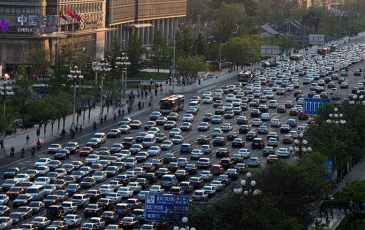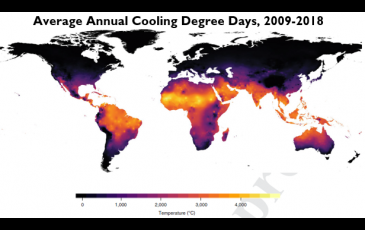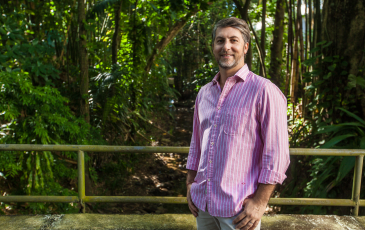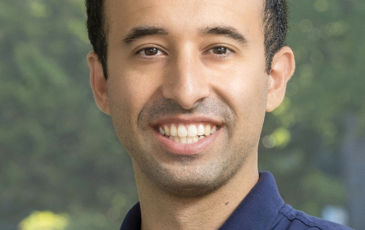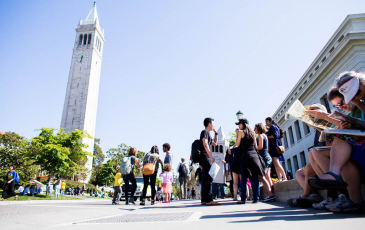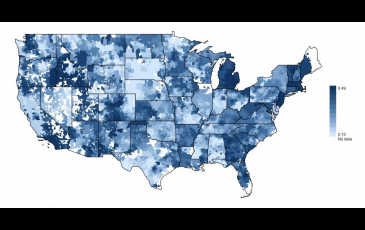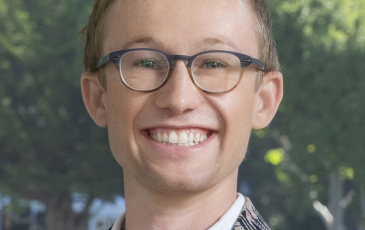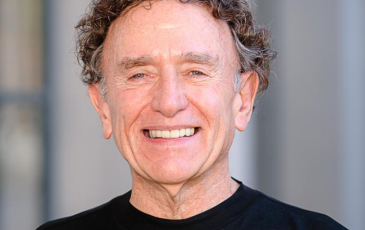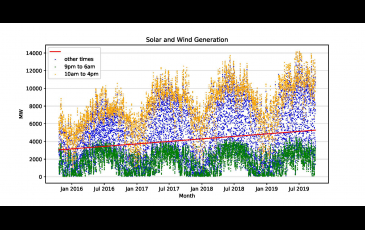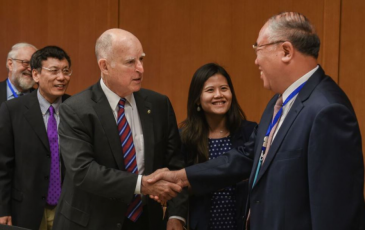In a recent study published in Annals of Internal Medicine, ARE Associate Professor Michael Anderson examines the link between vaccination programs for elderly individuals, hospitalization, and mortality rates.
College of Natural Resources receives $50 million naming gift
A landmark gift from former dean Gordon Rausser will support the school’s mission to take on key economic, social, environmental, and health challenges.
Is This a Trump Bump?
Air pollution and greenhouse gas emissions have increased during the Trump presidency.
Electrification and the Poverty Trap
ARE affiliated faculty member Catherine Wolfram addresses question of whether an electricity connection helps the very poorest households.
Would a Carbon Tax Hurt the Economy?
Carbon pricing around the world is demonstrating an important proof of concept.
Gordon Rausser Named Berkeley Fellow
ARE is proud to announce that Professor Rausser is being recognized with the prestigious award of Berkeley Fellow.
Carmen Karahalios Receives a 2020 Excellence in Advising Award
ARE is thrilled to announce that Graduate Student Advisor Carmen Karahalios has been selected to receive an Excellence in Advising Award for Outstanding Advisor!
AAEA Keynote Address Named in Honor of Gordon Rausser
ARE is pleased to announce that the keynote address at the American Agricultural and Applied Economics Association's annual meeting in Kansas, Missouri, July 26-28, 2020 and onward will be in the name of Professor Gordon Rausser.
Researchers Link Weight Gain, Inactivity to Vehicle Ownership in Beijing
In a new paper published in the British Medical Journal (BMJ) today, ARE Associate Professor Michael Anderson found substantial evidence that vehicle ownership in Beijing appears to lead to weight gain and long-term declines in physical activity.
Heat Exposure and Global Air Conditioning
Air conditioner sales are booming worldwide, especially in warm countries with growing economies. But how big is the total potential market?
ARE Alum Claudio Ferraz Is Named a 2019 Fellow of the Econometric Society
ARE is proud to share that alum Claudio Ferraz is among the 14 new fellows elected to the Econometric Society in 2019.
ARE Ph.D Candidate Scott Kaplan Interviewed on ESPN
ARE Ph.D. candidate Scott Kaplan appeared on ESPN's Outside the Lines on November 6, 2019. He was interviewed about his research on the economic value of superstar players in the National Basketball Association.
An Economic Lens on World Health
The latest issue of Breakthroughs magazine features a Q&A with ARE professors Marco Gonzalez-Navarro, Michael L. Anderson, and Aprajit Mahajan.
Using Energy Prices to Redistribute Income
A new paper helps us measure how “unequal” electricity rates are.
Nation-Level Property Rights Can Help Protect Global Marine Resources
In a study funded by a NOAA Fisheries and Sea Grant, and published in Nature Sustainability, ARE doctoral student, Gabriel Englander, tests whether unauthorized foreign vessels are deterred from fishing inside EEZs.
Celebrating Our Colleague Gordon C. Rausser
A Festschrift honoring and celebrating the research and career of ARE Professor of the Graduate School and Dean Emeritus Gordon Rausser was held October 24th-25th.
The Little Energy Market That Could
Regional market coordination delivers a win for climate change mitigation.
Former Governor Brown holds joint appointment in ARE and Berkeley Law to launch CA-China Climate Institute
The CA-China Climate Institute—a partnership between UC Berkeley and Tsinghua University—was unveiled yesterday at an event in New York City.
Waving Goodbye to the California Waiver?
The latest twist in the Trump fuel economy rollback. An Energy Institute blog entry from ARE Associate Professor James Sallee.


